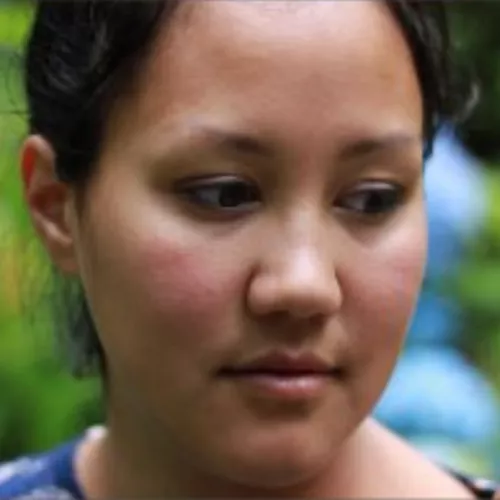Personality disorders
Explains personality disorders, including possible causes and how you can access treatment and support. Includes tips for helping yourself, and guidance for friends and family.
View this information as a PDF (new window)
What are personality disorders?
Our personality is the collection of thoughts, feelings and behaviours that makes each of us the individuals we are.
We don't always think, feel and behave in exactly the same way – it depends on the situation we are in, the people with us and many other interconnecting factors.
However, if you experience significant difficulties in how you relate to yourself and others and have problems coping day to day, you may receive a diagnosis of personality disorder.
Everyone is shouting at me, 'why do you find things so difficult? Why can't you just be normal?' and I try and explain that I'm on a tightrope way in the air, and they all have their feet on the ground, but they all just laugh.
What are the signs of a personality disorder?
You might be given a diagnosis of personality disorder if all of these apply:
- The way you think, feel and behave causes you significant problems in daily life. For example, you may feel unable to trust others or you may often feel abandoned, causing you or others distress in day-to-day relationships.
- You experience these problems across different aspects of your life. For example, you may struggle to start or keep friendships, to control your feelings and behaviour, or get on with people. There may be an intensity to your emotions that makes them feel frightening and overwhelming sometimes.
- These problems continue for a long time. These difficult patterns may have started when you were a child or teenager and can carry on into your life as an adult.
- These problems are not solely caused by a substance or a medical condition. For example, using drugs or medication can cause changes in people, as can the physical effects of experiences like head trauma.

How I've managed to live with a personality disorder... or two
[It] doesn't mean that there is something wrong with my personality... it means that I think, feel and behave differently from most people.
The important thing to remember is that we're not broken, we just think differently and experience the world in a different way... there's no shame in doing whatever we need to do to cope with our emotions in a safe and supportive way.
Who can diagnose me with a personality disorder?
You can only be diagnosed with a personality disorder by a mental health professional experienced in diagnosing and treating mental health problems, such as a psychiatrist or psychologist – not by your GP.
If you speak to your GP about your mental health and they think you might have a personality disorder, they can refer you to your local community mental health team (CMHT) who will be able to assess you.
Initially I took this diagnosis of BPD as an insult, a criticism of my whole being, but then I began to understand that it is just a diagnosis, an explanation of why I feel as I do. Just as in a medical situation the pain in my stomach being diagnosed as appendicitis means that I am ill, there is a reason for the pain and I can get treatment.
This information was published in January 2020.
This page is currently under review. All content was accurate when published.
References and bibliography available on request.
If you want to reproduce this content, see our permissions and licensing page.













